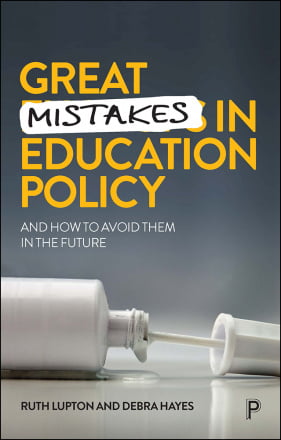As we move into the second year of our work at the Foundation for Education Development (FED) and following the launch of the FED National Education Consultation Report, we hosted a roundtable discussion seeking to answer the theme ‘Education Policy – What will we be talking about in 2022? Between commissions, manifestos and national reports, there will be a great deal of challenging and new thinking in 2022.’
We asked Professor Ruth Lupton, Professor of Education at The University of Manchester, to write a thinkpiece on her input into this roundtable discussion which was based around her recent book with Debra Hayes ‘Great Mistakes in Education Policy: and how to avoid them’. This fascinating talk provided an excellent evidence base from which to examine what is needed to develop a long term vision and plan for education. You can view the slides from the talk below.
Learning the lessons of the past
In response to the pandemic, the next year is likely to be full of new policy activity aimed at getting the system ‘back to normal’ and tackling disadvantage. We’re also going to start hearing from multiple commissions, task forces and reviews[i] focused on longer term reform. There is a great opportunity here for a once-in-a-generation reset, but also a danger of a great flurry of disparate ideas that do not produce a broad consensus.
In our book, Great Mistakes in Education Policy: and how to avoid them in the future, Debra Hayes and I try to help with consensus building by focusing on the big things that have gone wrong with education policy in the past. We look back over the last 30-40 years, a period characterised by deepening social and economic inequalities. Drawing on a very wide range of educational research, we then try to answer one simple question: “in this context of growing inequalities, have the major policy ‘turns’ of this period made education better and fairer?”.
Our conclusion is that while not everything is bad, our education system has actually become increasingly unfair in terms of access, opportunities, experiences and outcomes. At the same time it has become narrowed by the dominance of tests, while the professional expertise of teachers and leaders is being under-utilised. These problems, we argue, are the combination of five major ‘mistakes’, operating in combination.
- turning to the market in the belief that competition, choice and autonomy would make education better;
- letting numbers and targets drive education policies, to the point where we have lost sight of other aspects of education;
- over-prescribing teachers’ work;
- taking a superficial view of educational inequalities;
- divorcing policy-making from educational research and practice.
The result of this is that individual policy ‘tweaks’, while they are necessary, will not be sufficient to tackle the deep-seated problems nor the ways in which inequalities have become hard-wired into our system. Bigger changes are needed: a wider vision of education; a fundamental commitment to ‘education for all’ in system design; cross-government strategies for more equal childhoods; systems for collaboration not competition; an intelligent accountability system and new structures for supporting the professionalism of teachers and leaders.
No doubt not everyone will agree with propositions. But we hope our book distils some of the most important learning from the past as we debate what the future should hold.
[i] As well as the FED’s work on a long term plan, these include The Times Education Commission, the IPPR/Big Change Co-Mission on the Future of and Purpose of Education, which aims for system transformation through a new public conversation, the Independent Assessment Commission, the Pearson review on the future of qualifications and assessment, the Children’s Commissioner for England’s Childhood Commission, and the Labour Party’s Bright Future Task Force.



